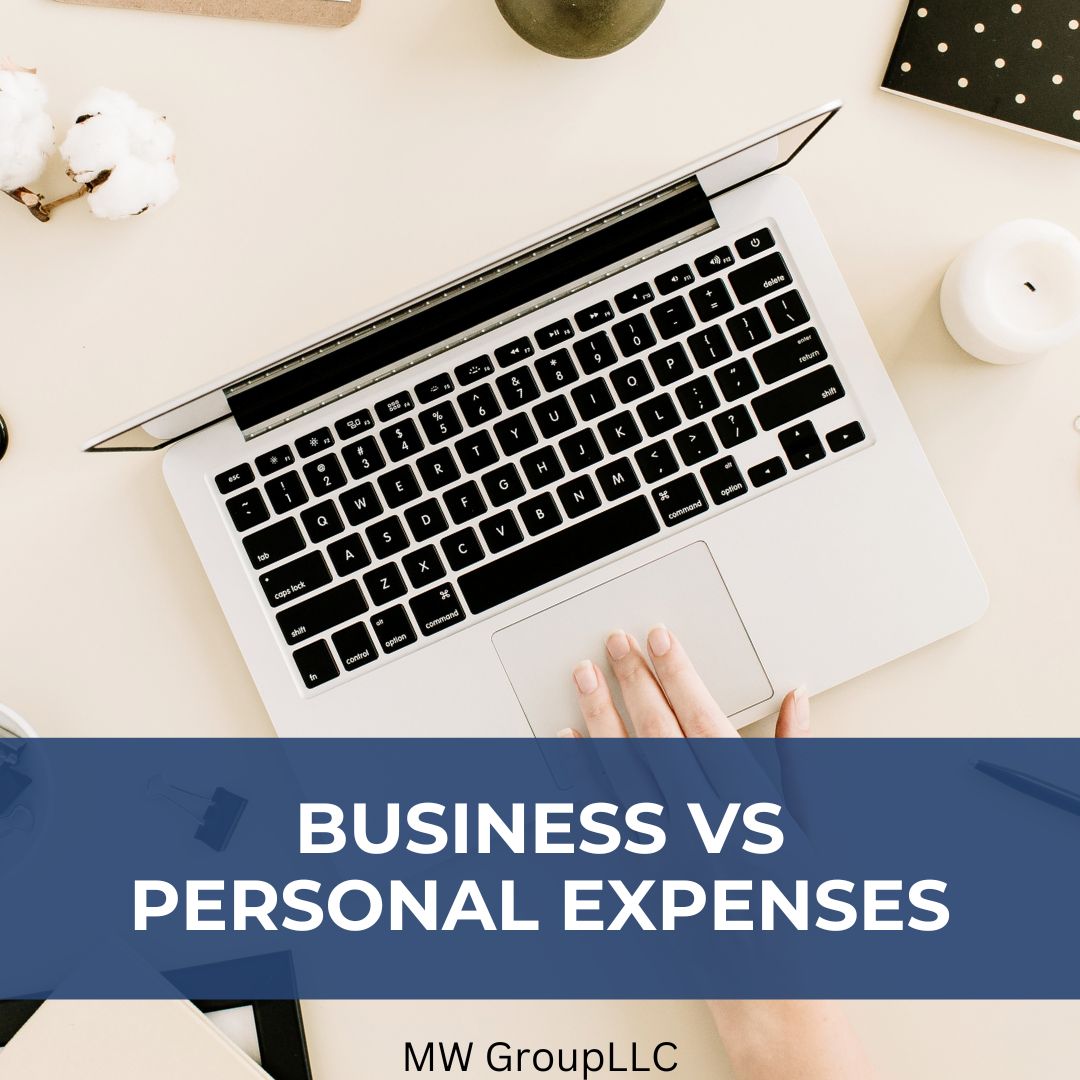
Understanding the distinction between personal expenses and business expenses is essential for effective financial management. This guide provides insights into the deductibility of expenses, helping you make informed decisions for your small business.
Defining Business Expenses: To understand which expenses can be deducted for your business, you first need to define what constitutes a business expense. The IRS offers a broad definition, considering an expense as deductible if it is both ordinary and necessary for the operation of your business. This definition’s flexibility acknowledges that different industries may have varying expense patterns.
While some expenses are common across industries, such as software costs, telephone bills, and rent for brick-and-mortar businesses, specific industries may incur unique, industry-specific expenses. Recognizing and accounting for these industry-specific costs is vital for reducing tax liabilities and gaining insights into your spending habits.
Determining Deductibility by Industry: Each industry may have its own set of expenses that are considered ordinary and necessary. For instance, professionals in the medical field must account for licensing, certification, services, conferences, and other related expenses. Similarly, real estate agents often include gifts for clients as deductible expenses, as it is a customary practice in their industry.
The deductibility of expenses depends on industry norms and the specific costs incurred to operate your business. Some industries may have higher expenses in certain categories, such as meals and entertainment, due to the nature of their business operations and client interactions.
Navigating Mixed-Use Expenses: When an expense serves both personal and business purposes, tracking and allocating these costs become more challenging. Examples include personal cell phones used for business purposes, personal vehicles used for work-related travel, or business-owned vehicles occasionally used for personal use. In such cases, it’s crucial to determine the percentage of use dedicated to your business.
This allocation process can be intricate and requires careful monitoring and record-keeping. The IRS provides guidelines for handling mixed-use expenses to ensure accurate deductions. Adhering to these rules is essential to maximize your business deductions and mitigate audit risks.
Deducting Personal Expenses: For federal tax purposes, there are limited opportunities to deduct personal expenses. Most deductions for individuals are included in itemized deductions, such as medical expenses exceeding IRS-defined limits, real estate taxes, state and local income taxes, mortgage interest, and charitable contributions.
Previously, unreimbursed employee expenses were deductible, but this option has been discontinued for federal tax purposes. However, some states may still allow this deduction.
In conclusion, understanding the deductibility of personal versus business expenses is crucial for effective financial management and tax planning. By defining your business expenses, considering industry-specific norms, navigating mixed-use expenses, and staying informed about deductible personal expenses, you can optimize your financial strategies and reduce tax liabilities.
Follow us for more information on operating a small business .